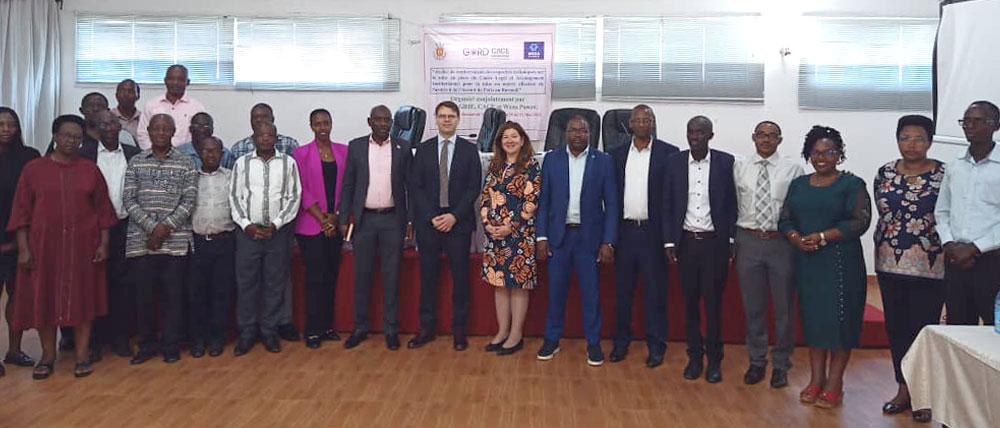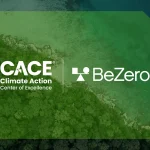CACE boosts Burundi’s climate capacity with Article 6 workshop
The Ministry of Environment, Agriculture, and Livestock of the Republic of Burundi, in partnership with the Climate Action Center of Excellence (CACE), held a three-day national workshop to strengthen technical capacities for implementing Article 6 of the Paris Agreement and expanding access to international carbon finance.
The workshop was delivered in cooperation with the Gulf Organisation for Research and Development (GORD), an international climate and sustainability think tank headquartered in Doha, Qatar. GORD serves as the host institution of CACE. The Burundi-CACE partnership was formalized during COP29 in Baku and aims to accelerate Burundi’s participation in global carbon markets.
GORD’s Founding Chairman Dr. Yousef Alhorr said this collaboration with the Government of Burundi represents the essence of Article 6—global solidarity for climate action. “By building national readiness and mobilizing international resources,” he said, “we are helping Burundi turn climate ambition into real and measurable outcomes that benefit people, the planet, and the economy.”
Held at La Détente Conference Center in Bujumbura, the workshop convened senior government officials, technical experts, and private sector stakeholders to advance Burundi’s Article 6.2 implementation framework. The sessions included technical training, regulatory design, and matchmaking with potential project developers and investors.
Hon. Permanent Secretary Mr. Emmanuel Ndorimana, Ministry of Environment, Agriculture and Livestock, said Burundi is committed to the global climate agenda and is taking important steps to put in place the frameworks and capacity required to engage in carbon markets under Article 6. “This workshop lays the foundation for a strong national framework that will help us deliver on our NDC commitments and attract climate finance for sustainable development,” he said.

Article 6 of the Paris Agreement allows countries to collaborate on reducing greenhouse gas emissions through the use of internationally transferred mitigation outcomes (ITMOs). While Burundi has pledged to reduce emissions by 23% by 2030, the vast majority of this target—nearly 90%—relies on international support. Developing a national framework for Article 6.2 is a critical step in accessing this support.
Over the three-day workshop, participants engaged in sessions on institutional arrangements, eligibility criteria, ITMO tracking, and private sector engagement. The final day included targeted outreach to the private sector to build a pipeline of investment-ready carbon market projects in priority sectors such as agriculture, energy, land use, and waste.
The workshop is the first of a series of technical engagements under the Memorandum of Cooperation between the Government of Burundi and CACE. Subsequent activities will include further training, support for project development and registration, and the implementation of a robust monitoring, reporting, and verification (MRV) system to ensure transparency and environmental integrity.






